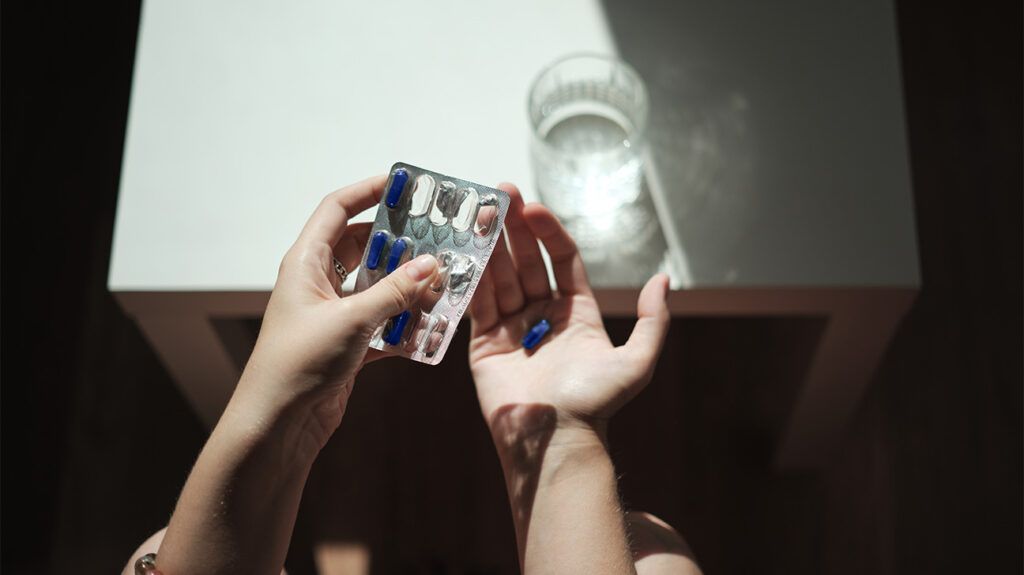Search Result For: exposure
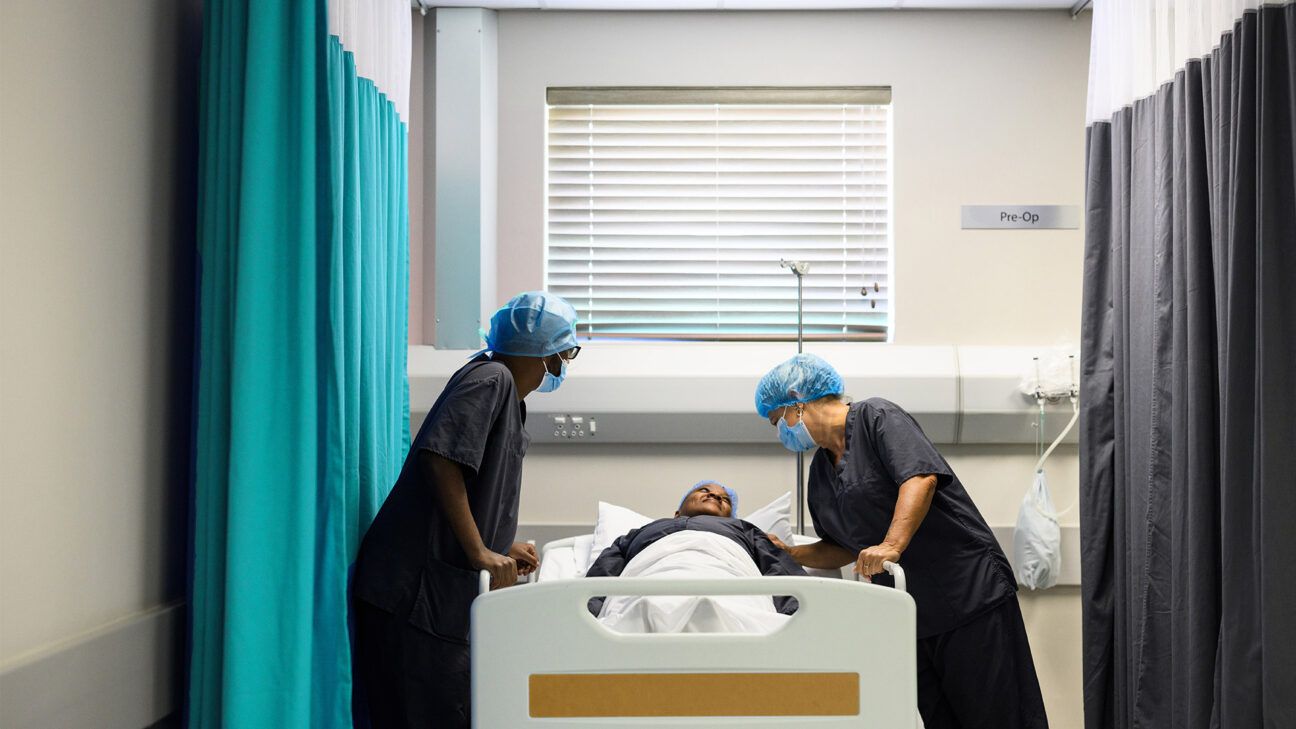
Date: 2025/04/18 - 20:00
Low-Cost Drug Combination Could Reduce Risk of Second Heart Attack, Stroke
A new study found that adding a second drug early after a heart attack may save lives. Those who added ezetimibe to a statin had fewer complications and deaths. The authors say that early combination therapy should become the standard of care.
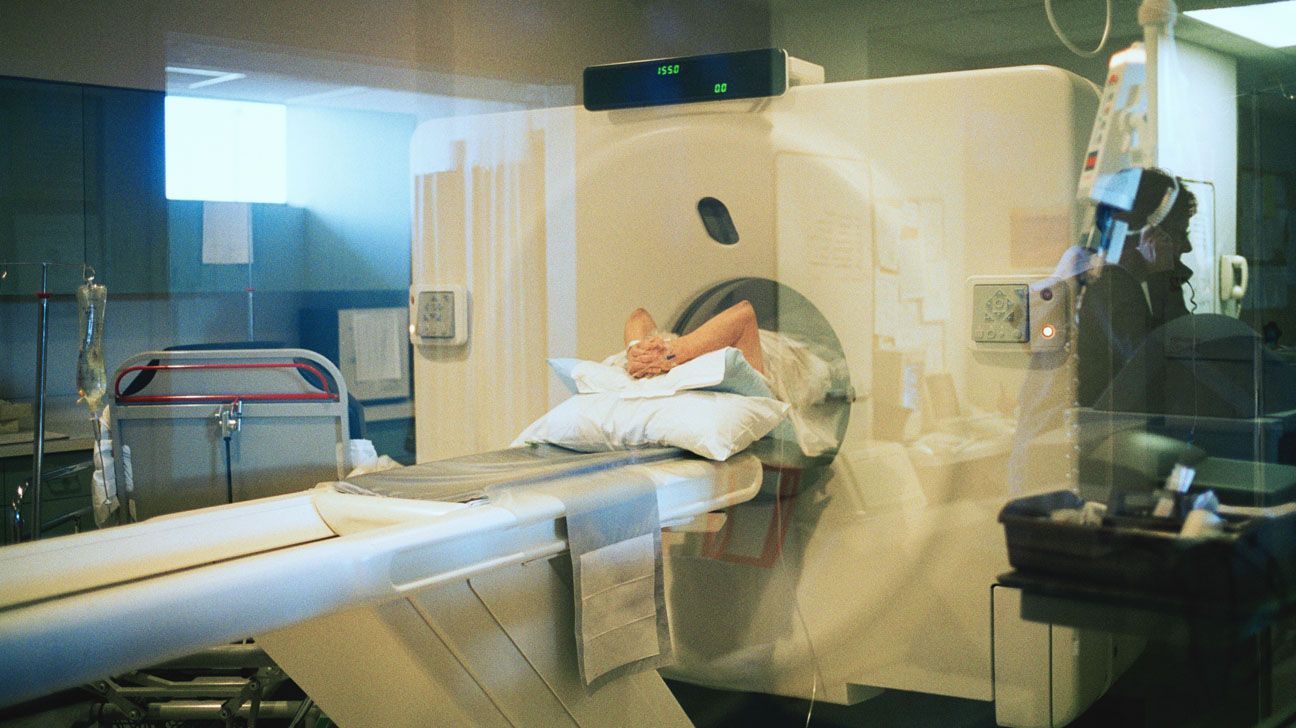
Date: 2025/04/17 - 21:32
CT Scans Linked to New Cancer Diagnoses in U.S., But Overall Risk is Low
A new study suggests the cumulative effects of ionizing radiation from CT scans may raise a person's lifetime risk of developing cancer. Experts say CT-related cancer risk is minor, and note these imaging exams are an important diagnostic tool to screen for a various cancers.
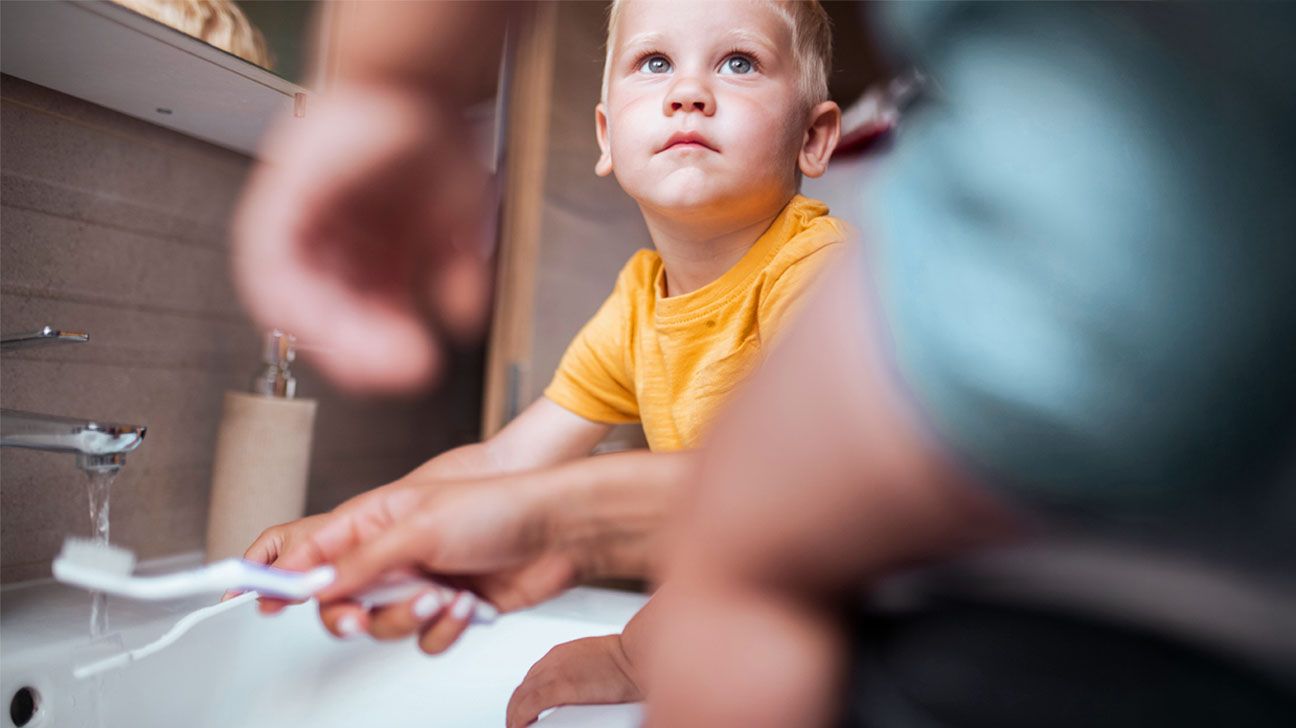
Date: 2025/04/17 - 00:00
Fluoride in Drinking Water Is Considered Safe, Despite RFK Jr.’s Proposed Ban
HHS Secretary Robert F. Kennedy Jr. recently called for a ban on fluoridated water in U.S. communities. Emerging evidence shows potential health harms and neurotoxic effects in young children, but experts caution the findings are limited and should be interpreted with caution.

Date: 2025/04/10 - 23:32
Gene Hackman’s Wife Died of Rare Virus Linked to 3 New Deaths in California
Three people in a rural town in California have died from hantavirus, the rare virus that killed late actor Gene Hackman’s wife, Betsy Arakawa, in February. Hantavirus does not spread from person to person but through the droppings, urine, or saliva of rodents.
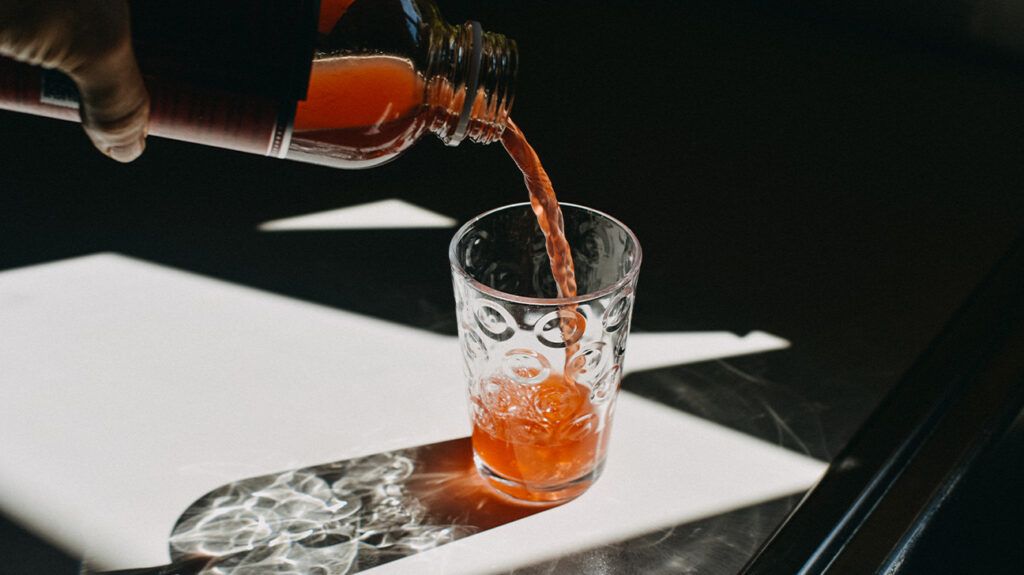
Date: 2025/04/09 - 18:00
Certain combos of common food additives may raise type 2 diabetes risk
Two certain mixtures of common food additives, which include aspartame, sucralose, and many other sweeteners, can increase a person's chance of developing type 2 diabetes, a new study has found.

Date: 2025/04/08 - 23:00
How SNL Comedian Kenan Thompson Manages GERD Symptoms After Diagnosis
For the first time, comedian Kenan Thompson of SNL talks about living with GERD and shares the digestive condition is no joke. After years of experiencing uncomfortable symptoms, Thompson finally found relief with medication.

Date: 2025/04/07 - 17:31
Diet high in fiber, fermented foods could keep inflammatory diseases at bay
A modern Western diet, high in processed foods and low in whole plant-based foods, can contribute to chronic inflammation but switching to a traditional African diet, high in fiber and fermented foods, can help fight inflammation.
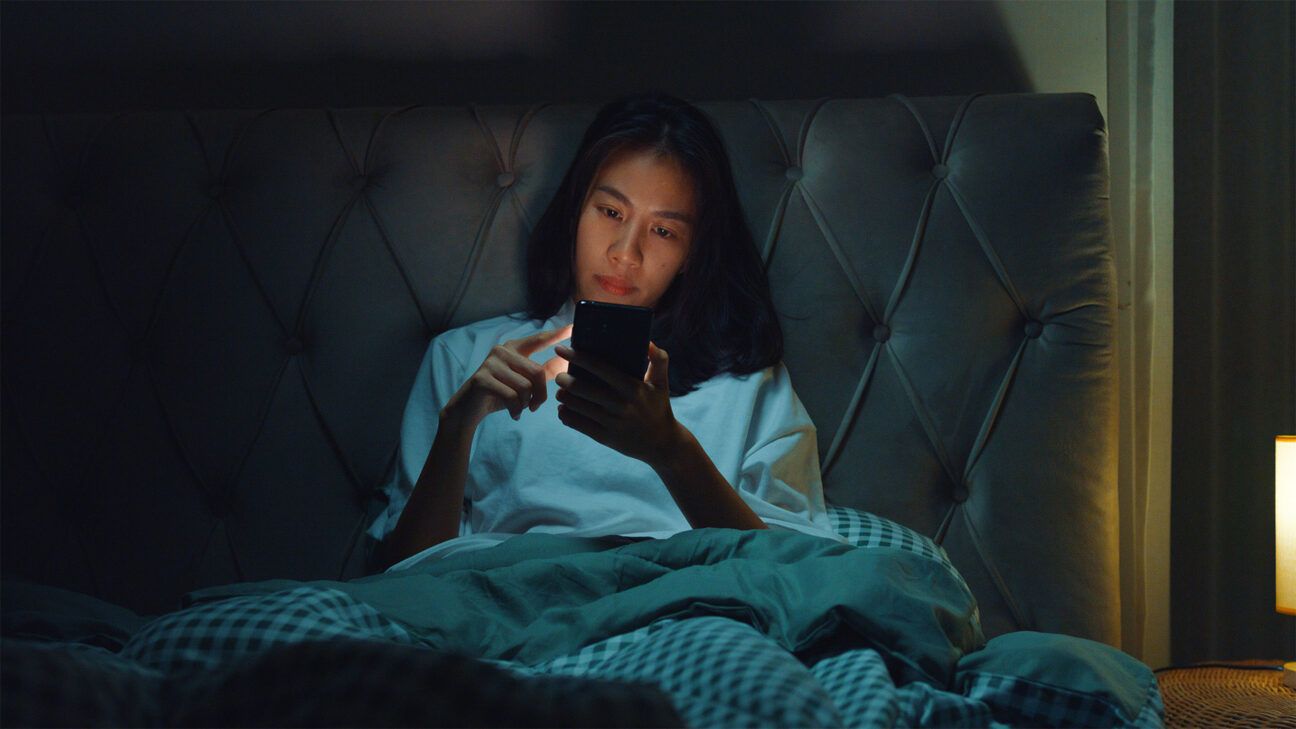
Date: 2025/04/01 - 18:00
1 Hour of Screen Time at Bedtime Reduces Sleep by 24 Minutes, Study Finds
A new Norwegian study finds that one hour of screen time at bedtime results in a 59% higher risk of insomnia and 24 fewer minutes of sleep. The findings indicate that social media use is no more disruptive to sleep than watching TV or movies or reading on a mobile device.
